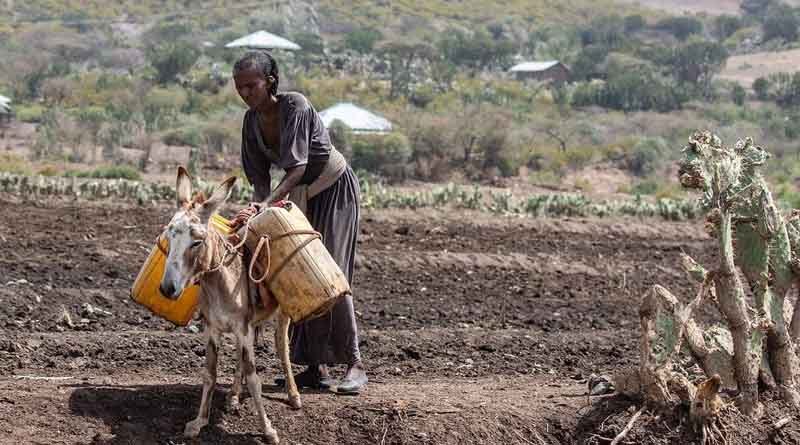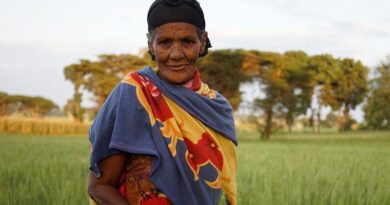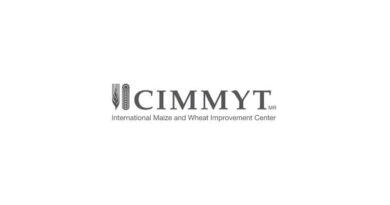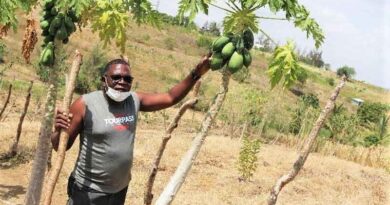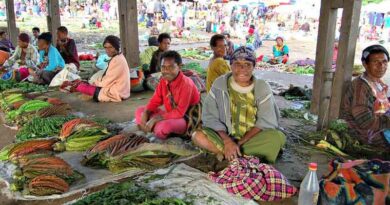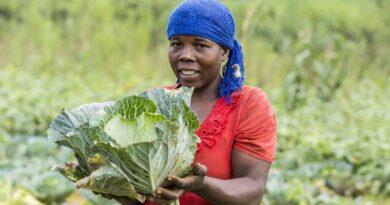Value placed on resources and decisions in farming in Ethiopia differs across genders, study reveals
10 August 2022, Kenya: A new study published in the CABI Agriculture & Bioscience journal has revealed that major empowerment resources and decision-makings that are valuable to men and women vary across gender and farming systems in Ethiopia.
Lead author Wole Kinati, from the University of New England, Australia, and fellow researchers found that, although, major decisions related to livestock and crop are valued by both genders, agency dimensions related to decisions on financial assets and social capital are not equally valued by gender groups across study areas implying the role of context.
Women place a greater importance on autonomous decisions about social relations which the men did not; men, on the other hand, valued financial related decisions which the women in turn did not.
Regarding empowerment resources, psychological well-being was found to be one of the most important resources, for women as well as men.
Assessment of the basic psychological needs―autonomy, self-acceptance, and positive relations―statistically yielded no significant differences between the gender groups.
However, the effects of location and the intersection of location with gender were both found to be statistically significant, suggesting that being men and from Horo is associated with higher scores on self-acceptance and personal relation subscales.
Mr Kinati said, “Women’s empowerment constitutes an important aspect of the development agenda. Although it is highly contextual in nature, empowerment literature so far has focussed on identifying factors associated with empowerment, neglecting the importance of understanding which empowerment resources and agency dimensions are more important for whom and under what contexts.
“This is important, because we cannot talk of empowerment for those who are not in a disempowered condition or who do not value it.
“We examined the gender differences in the relative valuations of empowerment resources and decision-making areas across different farming systems, and examined the most valued empowerment resources.
“We conclude that gender and location play important roles in forming contextual conditions for empowerment and agency implying that empowerment efforts need to consider both.
“More specifically, policies and intervention efforts to empower individuals or groups must begin by first building their psychological assets and consider contextual gendered perceptions of resources.”
Mr Kinati and the researchers also suggest that women’s basic psychological needs are largely unfulfilled and they are marginalised from major decision-making, mainly due to their masked ineffectiveness.
Women’s (men’s) lack of confidence, stemming from low self-esteem, is often cited as one of the major obstacles to women’s equitable participation in the major decision-making processes, they say.
“We recommend that building people’s agency through cultivating the capacity to aspire and self-confidence among women (men) would lead to enhance their access, ownership, and control of the other empowerment resources,” Mr Kinati adds. “This could be done through implementing polices that attract more women extension agents—for instance, availing incentives, women pro-facilities and career opportunities—who are socially appropriate to reach out women more easily.”
The study was conducted by researchers from institutions including the International Centre for Agricultural Research in the Dry Areas (ICARDA) and International Development Research Centre, Nairobi, Kenya.

